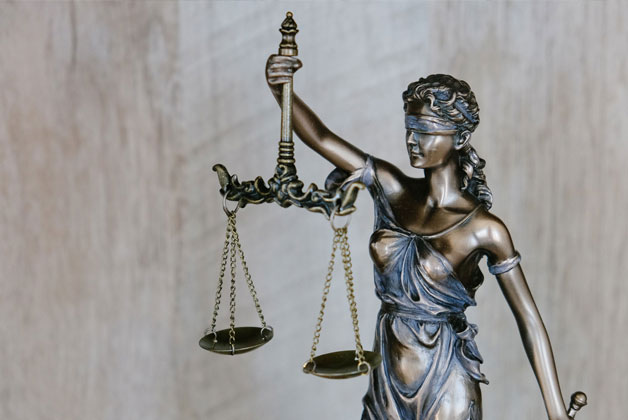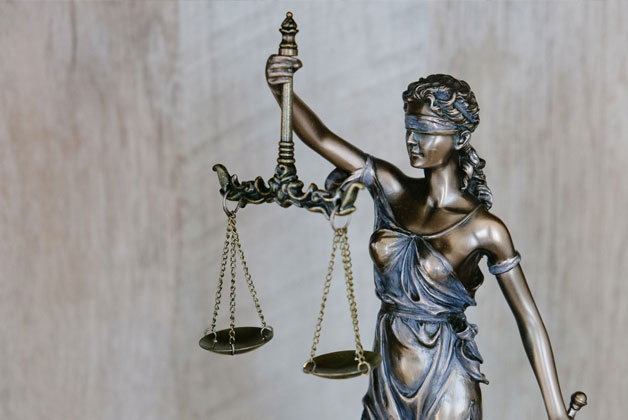

The question that baffles all Indians, and those who hold India in high esteem is the manner in which the state seems to have allowed some crimes to flourish and on the other hand has muzzled the voices of those who have pointed this out. The international press and various ranking agencies that were rooting for India ten years ago, are now increasingly talking of the lack of freedom in the world’s largest democracy. Indian scholars have been expressing their apprehensions on the blatant and unconstitutional manner in which the law and order machinery in India seems to be acting in a partisan manner.
In a number of cases, those instigating riots, on camera, are being felicitated and feted while the victims have been charged and arrested. It was not very long ago that the Muzaffarnagar riots happened in 2013 and served as a prelude to the era of social disharmony in India. The heinous nature of the Dadri Lynching in 2014 reaffirmed the fear that increasing numbers of hate crimes would disrupt India’s social landscape. The severity of these crimes has grown year on year, and the socio-political climate has further let these crimes flourish indiscriminately.
Records maintained by the platform ‘Documentation of the Oppressed’ indicate that post-2014, there were 1177 incidents of hate which involved 22,091 victims. Among these victims, 91% were Muslims, followed by Christians. While the former was targeted mostly on allegations of interfaith relationships and cow-slaughter, the latter on accusations of forced conversions. Not surprisingly, a major proportion of the violence has been against religious identity, and the perpetrators have been mainly right-wing vigilantes in a vast proportion of these cases. Uttar Pradesh, Karnataka and Delhi reported the highest levels of hate crime-related violence.
Hate crimes are offences perceived to be motivated owing to a bias against a race, religion, disability, sexuality, ethnicity, or gender. Hate crimes are not new. They have historical underpinnings in the Nazi oppression of the Jews, the Roman persecution of Christian, the violence against Ahmediyas in Pakistan and more recently, the attacks on the LGBTQ community across the world. However, during the last few years in India, these attacks have acquired a severity and audacity in ideology and execution that is hair raising, to say the least.
The rise in hate crimes globally has been unprecedented, especially in the election years for some countries. The FBI Uniform Crime Reporting stated that America saw the highest spate in hate crimes in more than a decade. With 7,000 criminal incidents and about 8,500 related offences being driven by prejudices. The police in Brazil recorded 12098 hate-led offences in 2018. The United Kingdom reported 1,05,090 hate crimes in 2019, motivated by race and religion. Covid19 and the accompanying fearmongering led to a spike in hate crimes against Asians and Asian-Americans. Hate crimes directed against Asians rose by 150% in the U.S alone.
The surge in right-wing populist and nationalist rhetoric coupled with social media’s widespread outreach seems to have normalised hate, and in some cases actually glorified it. The socio-political atmosphere around elections in most countries spews vitriol on the members of a particular community, ethnicity, race, gender or orientation. The inflammatory content delivered via speeches, social media trends, and unfiltered content is often enough to fan xenophobia, religious animosity, racism and fear among the population. A study done by Princeton University points to a high correlation between Trump’s tweets about Muslims and anti-Muslim hate crimes.
Continue reading : https://www.siasat.com/law-and-injustice-have-hate-crimes-gone-up-in-new-india-2105240/
